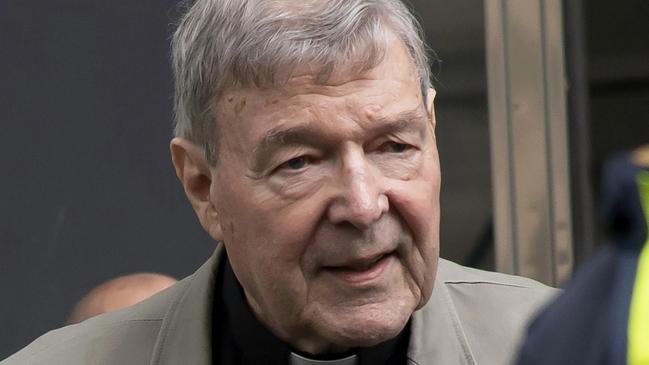
Pell was sentenced to six years in prison because a jury in Victoria found he had abused choirboys — and two judges of the Court of Appeal endorsed the jury’s decision.
If the cardinal wins before the High Court, it could lead to soul-searching about the ability of any jury to withstand the anti-Pell propaganda that has drenched Victoria for years.
This could trigger calls for Victoria to follow NSW by permitting judge-alone trials whenever there is a clear risk the jury pool has been tainted by pre-trial publicity.
The Victorian judiciary already has tools available to protect the fairness of criminal trials. But they are blunt instruments such as suppression orders and proceedings for contempt, both of which have adverse collateral effects and predate the lawless sewer known as social media.
Remember how Victoria’s courts tried to suppress the sensational news that Pell, a top Vatican official, had been convicted? And remember how this was widely laughed off internationally? That incident shows Victoria’s courts need something more.
Those who are looking for a better way of protecting the fairness of criminal justice might find it beneficial to read the latest interlocutory decision by the NSW Supreme Court granting a judge-alone trial to former politicians Ian Macdonald and Eddie Obeid along with Obeid’s son, Moses.
Just like Pell, Macdonald and the Obeids have faced years of confident assertions about their guilt. Yet from February 10, they will face a 23-week trial in which the starting point is supposed to be the presumption of innocence.
This case, which concerns an alleged conspiracy to commit misconduct in public office, had been due to start on September 30, but Supreme Court judge Elizabeth Fullerton put it back to February, and then granted a judge-alone trial.
Policymakers in Victoria might find this extract from Fullerton’s December 9 ruling enlightening: “I do not apprehend that there is any diminution in public confidence, or any shift in the expectation of the community that criminal justice will be delivered, where either the parties agree that a trial should be conducted without a jury … or, where there is no agreement, a judge is satisfied that it is in the interests of justice that a judge-alone trial be convened.
“The notoriety of the accused Edward Obeid and Mr Macdonald … is productive of what I consider to be a very real risk of a prospective juror either being actually infected by the media coverage to date.”


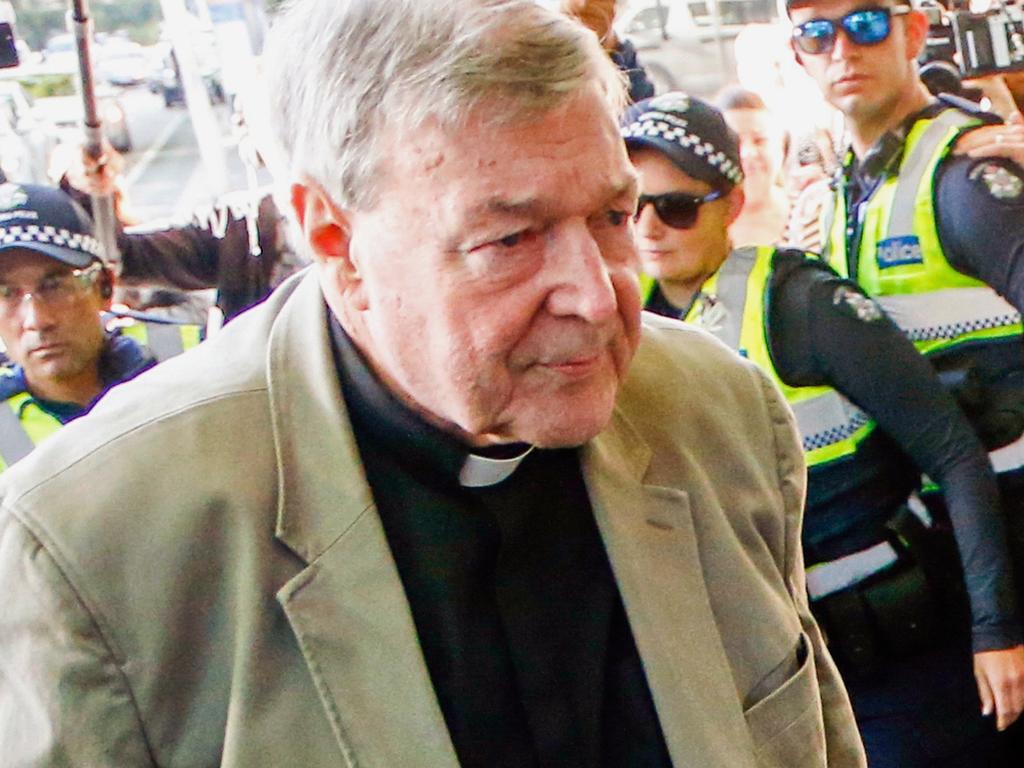
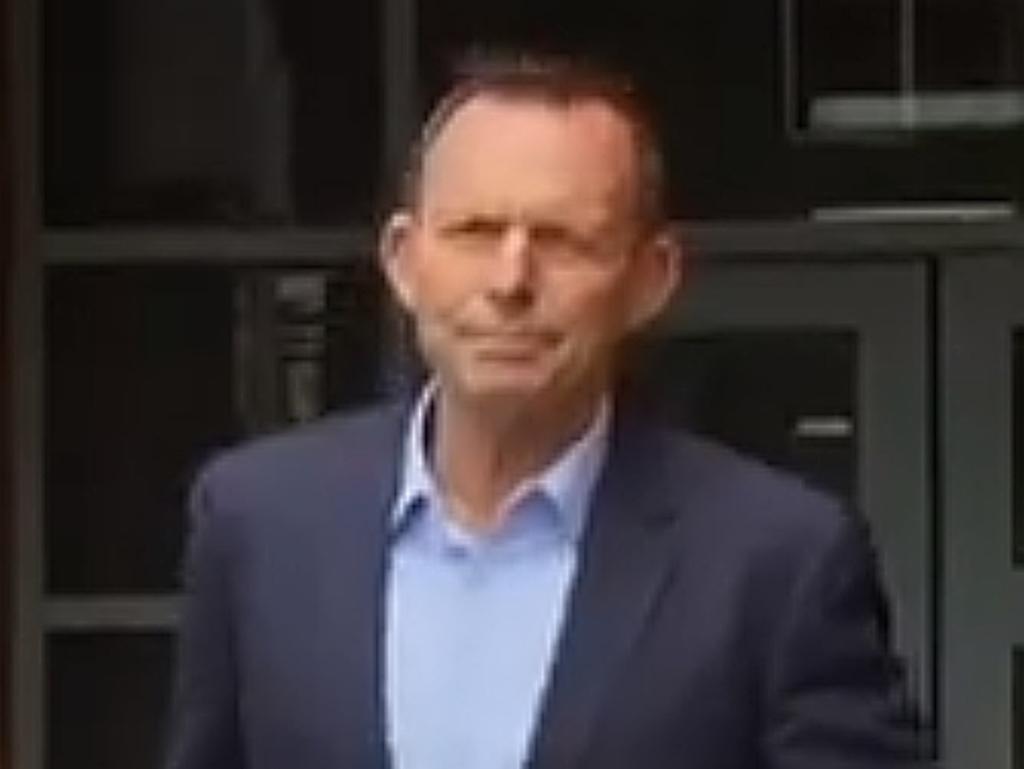

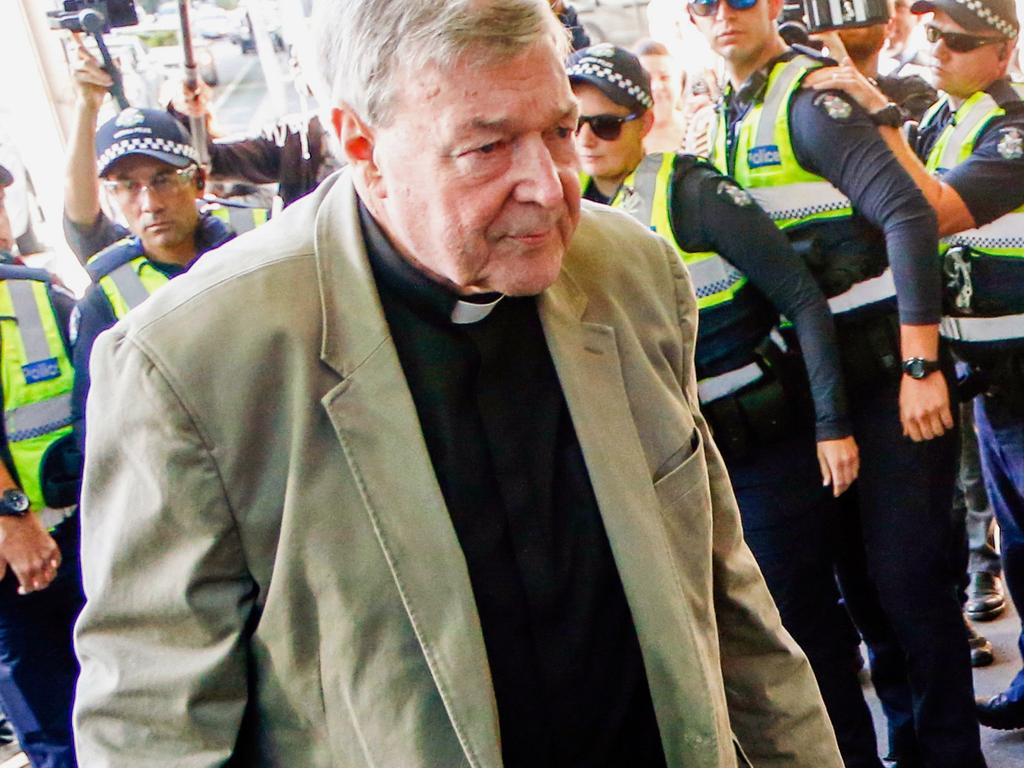
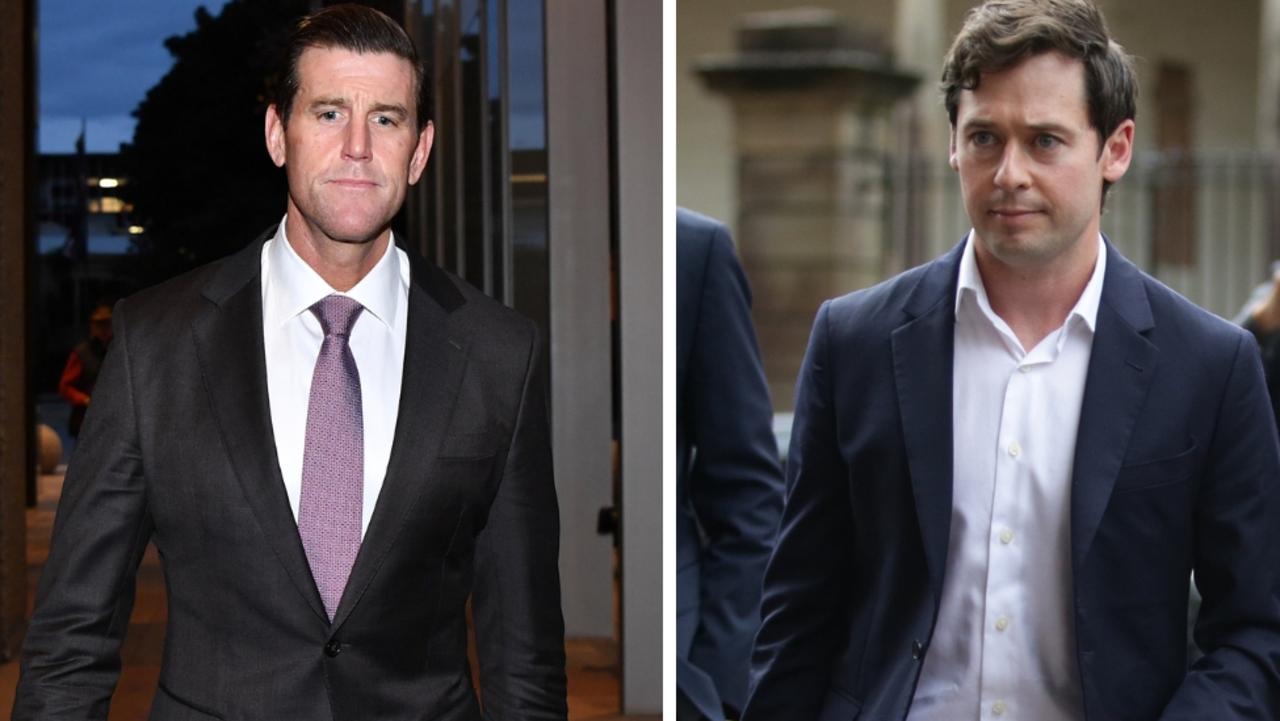
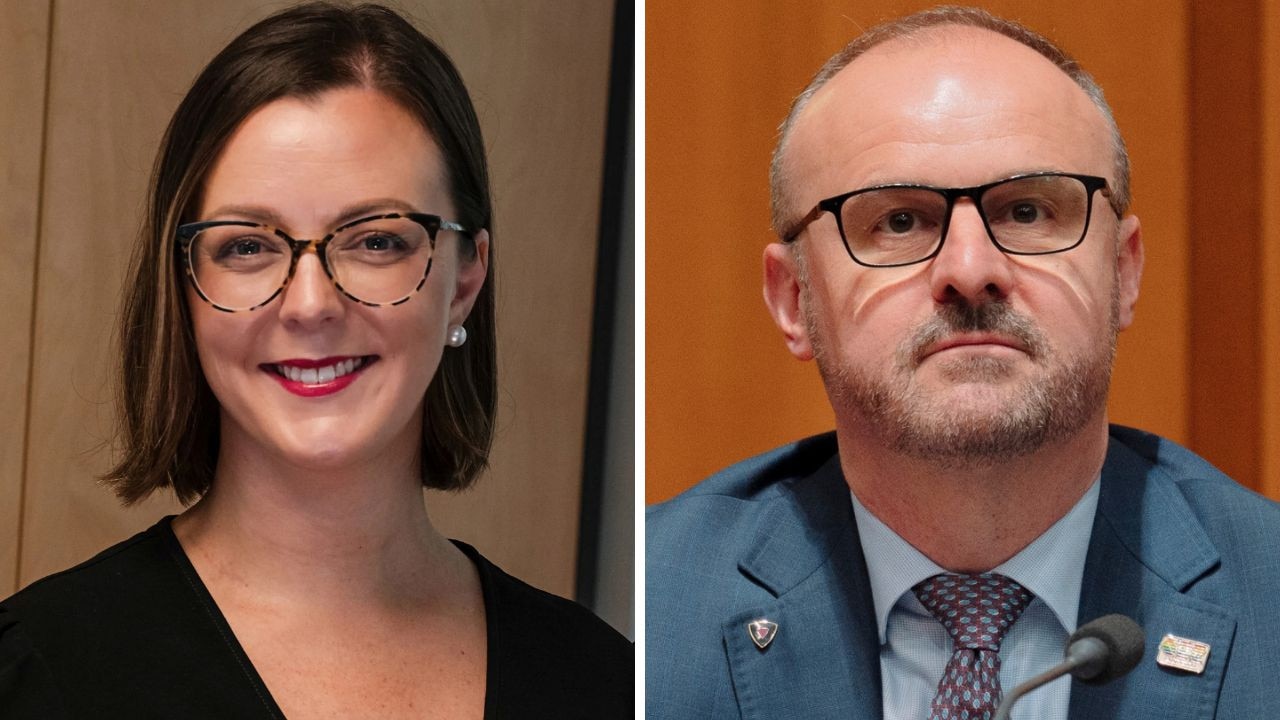
The fate of Cardinal George Pell’s application for special leave to appeal to the High Court will be close to the top of this year’s list of important criminal matters.